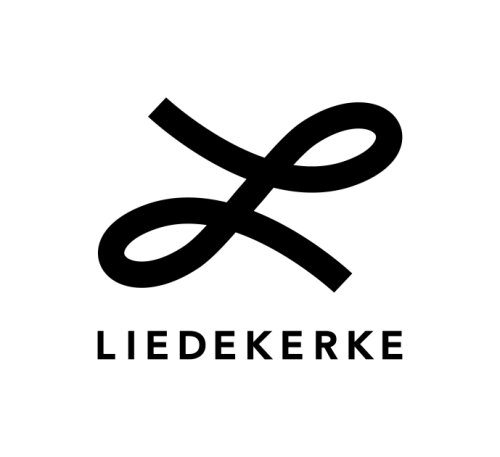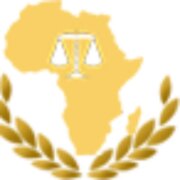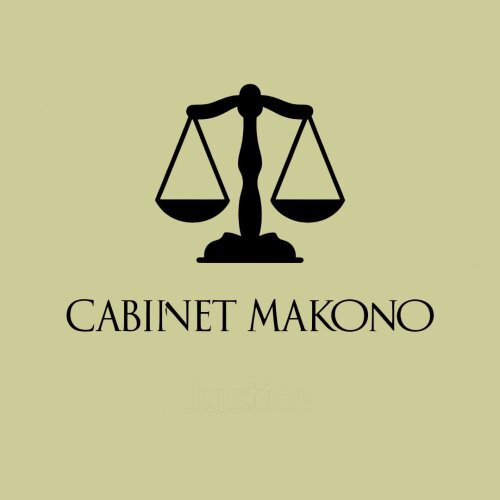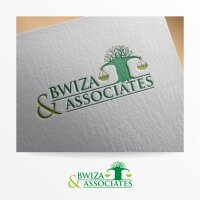Best Water Law Lawyers in Kinshasa
Share your needs with us, get contacted by law firms.
Free. Takes 2 min.
List of the best lawyers in Kinshasa, DR Congo
About Water Law in Kinshasa, DR Congo
Water Law in Kinshasa, Democratic Republic of Congo (DR Congo), is a specialized area of law that governs the ownership, use, management, and protection of water resources. These laws regulate everything from access to drinking water and sanitation to the utilization of rivers and lakes by individuals, businesses, and communities. Given Kinshasa's proximity to the Congo River and the challenges the city faces with urbanization and population growth, Water Law is crucial for both environmental sustainability and public health.
Why You May Need a Lawyer
There are many situations where individuals, businesses, or organizations might need legal expertise related to Water Law in Kinshasa. Common scenarios include:
- Disputes over water rights and access to water sources
- Permits and compliance regarding water extraction or usage for agriculture, industry, or domestic purposes
- Conflicts concerning pollution, contamination, or degradation of water bodies
- Challenges related to the supply of clean drinking water or sanitation services
- Issues involving the construction of wells, boreholes, or water infrastructure
- Legal compliance for businesses exploiting water resources
- Compensation claims for damages caused by flooding or water-related disasters
A Water Law lawyer helps navigate the often complex regulatory environment, ensuring your rights are protected and all requirements under the law are met.
Local Laws Overview
In Kinshasa, the legal framework for Water Law is primarily governed by national legislation, with significant influence from local regulations. Some of the key aspects include:
- Ownership of Water Resources: Water resources, including rivers, lakes, and groundwater, are typically regarded as national property and managed by the state.
- Regulatory Authority: The Ministry of Environment and Sustainable Development, along with SNEL (Société Nationale d’Electricité) and Regideso (Régié de Distribution d’Eau), are central in regulating access, usage, and distribution of water.
- Permitting System: Extracting or using significant quantities of water often requires formal authorization or permits, which may include environmental impact assessments.
- Environmental Protection: Laws aim to prevent pollution of water bodies and enforce penalties for illegal dumping or contamination.
- Public Health Standards: Rules exist to ensure access to safe drinking water and adequate sanitation for all residents, particularly in urban areas like Kinshasa.
- Conflict Resolution: Specific procedures are in place for resolving disputes over water between private actors or between citizens and public authorities.
Understanding these regulations is vital for anyone dealing with water-related matters, whether at a household or business level.
Frequently Asked Questions
What rights do individuals or communities have to water in Kinshasa?
Individuals and communities generally have the right to access water for personal and domestic use. However, usage of large quantities or for commercial purposes requires special authorization from relevant authorities.
Who manages public water supply in Kinshasa?
The main agencies responsible for managing and distributing water in Kinshasa are Regideso for drinking water and SNEL for hydroelectric related water usage. The Ministry of Environment and Sustainable Development oversees broader water management policies.
How can I obtain a permit to drill a well or borehole?
You must apply to local or provincial authorities, often providing documentation such as land ownership proof, environmental assessments, and technical plans. Engaging a lawyer can help you prepare and navigate the application process.
What should I do if I face water pollution on my property?
You should document the pollution, gather evidence, and report the issue to local authorities or the appropriate agency. Legal advice or representation can help in seeking remediation or compensation.
Are there restrictions on using river water for irrigation or business?
Yes, using river water for irrigation or industrial purposes generally requires special permits or licenses, and activities must comply with environmental and usage regulations.
What happens if a neighbor's actions affect my water access?
Disputes over water can often be mediated with the help of local authorities. If unresolved, legal action may be necessary to protect your rights or seek compensation.
Is it legal to discharge wastewater into rivers in Kinshasa?
No, discharging untreated wastewater into rivers or water bodies is prohibited by law, with severe penalties for violations, including fines or business closure.
How is clean drinking water quality ensured?
Regideso is responsible for ensuring water quality, monitored by government health and environmental agencies. There are legal standards in place to guarantee safe drinking water.
Can I challenge water tariffs or service issues with Regideso?
Yes, consumers have the right to dispute water bills, tariffs, and service interruptions through formal complaint processes and, if necessary, legal action.
What legal options exist for communities without adequate water access?
Communities can organize collectively to petition authorities for improved access, use legal routes to enforce the right to water, or challenge neglect through public interest litigation.
Additional Resources
Several resources and agencies can assist those seeking information or legal advice concerning Water Law in Kinshasa:
- Ministry of Environment and Sustainable Development
- Regideso (Régié de Distribution d’Eau)
- SNEL (Société Nationale d’Electricité)
- Local municipal offices
- Bar Association of Kinshasa for lawyer referrals
- Environmental protection NGOs such as WWF DR Congo and local advocacy organizations
These bodies can provide information on regulations, handle complaints, or direct you to qualified legal professionals specializing in Water Law.
Next Steps
If you believe you need legal help regarding Water Law in Kinshasa, consider the following steps:
- Gather all relevant information and documentation about your issue, including permits, correspondence, and evidence of any damages or violations.
- Consult with the appropriate public authority or regulatory agency to clarify your rights and obligations.
- Contact a qualified lawyer who specializes in environmental or water law. The Bar Association or a reputable NGO can help connect you with experienced legal practitioners.
- Prepare to discuss your goals, such as resolving a dispute, seeking compensation, or ensuring compliance with the relevant laws.
Timely professional advice can help protect your interests, avoid costly mistakes, and ensure you operate within the law in all water-related matters in Kinshasa.
Lawzana helps you find the best lawyers and law firms in Kinshasa through a curated and pre-screened list of qualified legal professionals. Our platform offers rankings and detailed profiles of attorneys and law firms, allowing you to compare based on practice areas, including Water Law, experience, and client feedback.
Each profile includes a description of the firm's areas of practice, client reviews, team members and partners, year of establishment, spoken languages, office locations, contact information, social media presence, and any published articles or resources. Most firms on our platform speak English and are experienced in both local and international legal matters.
Get a quote from top-rated law firms in Kinshasa, DR Congo — quickly, securely, and without unnecessary hassle.
Disclaimer:
The information provided on this page is for general informational purposes only and does not constitute legal advice. While we strive to ensure the accuracy and relevance of the content, legal information may change over time, and interpretations of the law can vary. You should always consult with a qualified legal professional for advice specific to your situation.
We disclaim all liability for actions taken or not taken based on the content of this page. If you believe any information is incorrect or outdated, please contact us, and we will review and update it where appropriate.














